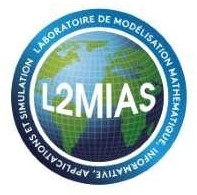3MC Presents:
International Conference on Recent Developments in Mathematical Modeling in Biology
29-31 March 2023, NWU, Potchefstroom
Partners
Sponsors
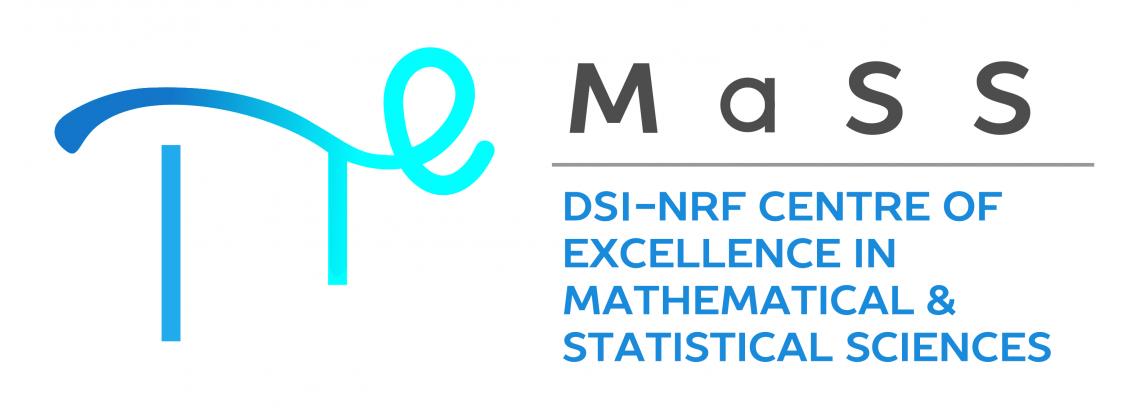
Disclaimer: Opinions expressed and conclusions arrived at are those of the author and are not necessarily to be attributed to the CoE-MaSS.
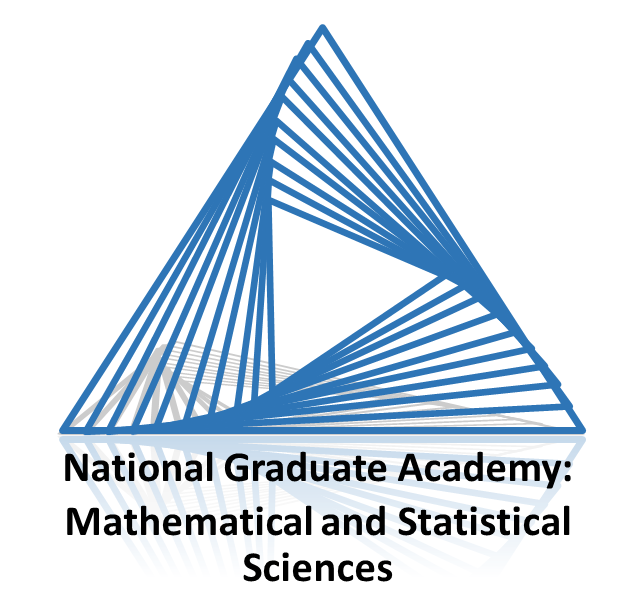

This school was supported by a grant from the IMU-CDC Conference Support Program, which is partially supported by the Abel Board.
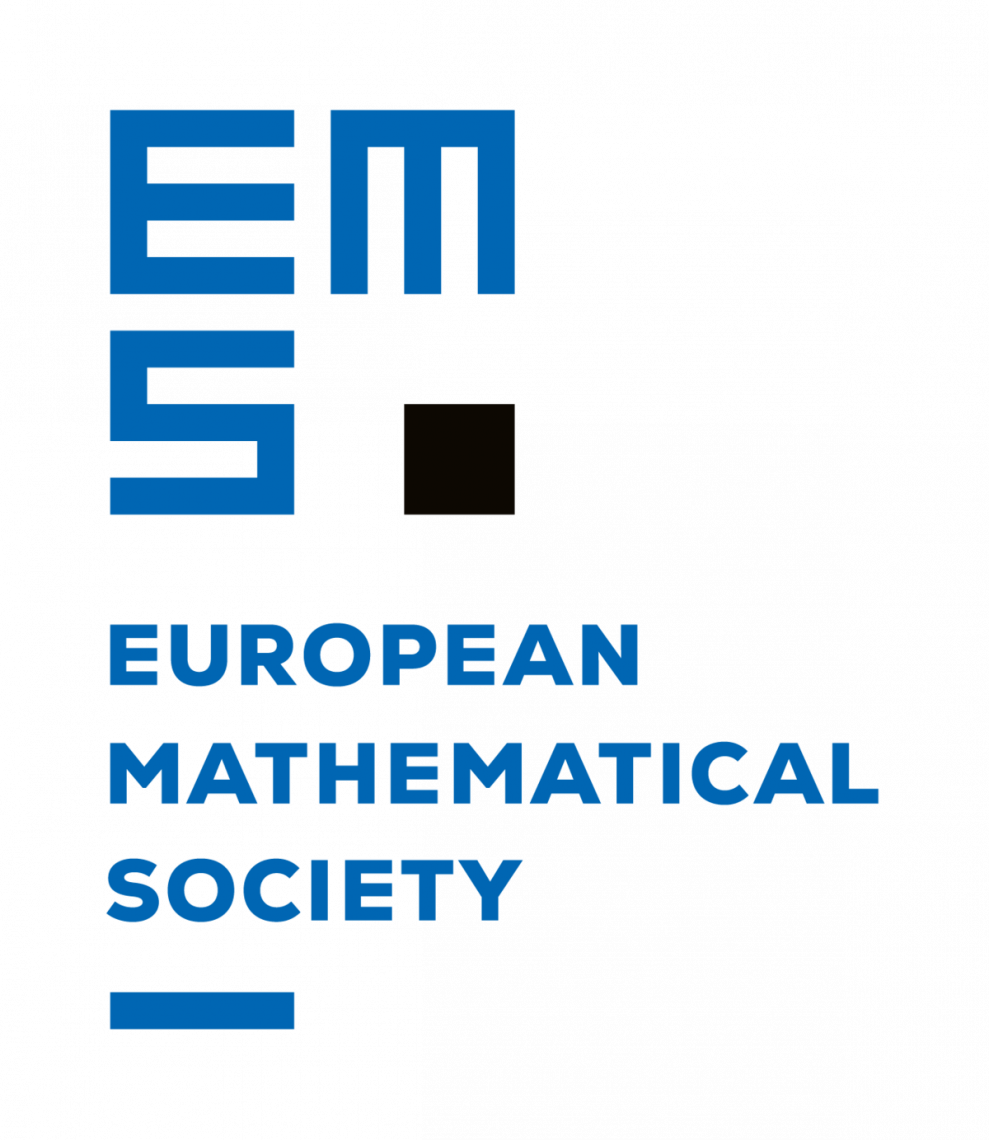
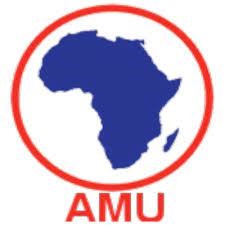
Bios of the plenary speakers
Prof Julien Arino

I am a Professor and 2021-2024 Faculty of Science Research Chair in Fundamental Science with the Department of Mathematics, a member of the Data Science NEXUS and a faculty member of the VADA Graduate Training Program, all at the University of Manitoba. I am also a member of the Canadian Centre for Disease Modelling, the Canadian COVID-19 Mathematical Modelling Task Force and three of the NSERC Emerging Infectious Disease consortium projects (CANMOD, MfPH and OMNI/RÉUNIS).
My research deals primarily with population movement in epidemiology and ecology, with particular interest on the spatio-temporal spread of infectious diseases. In this context, I am interested in two main aspects: the relationship between mobility modalities and the fast global spread of infectious pathogens, as well as the effect of interconnections of public health systems with a variety of health practices. I use mathematical modelling to consider the risk of importation of disease to various public health entities. I have also dabbled with other mathematical biology problems.
Prof Jacek Banasiak
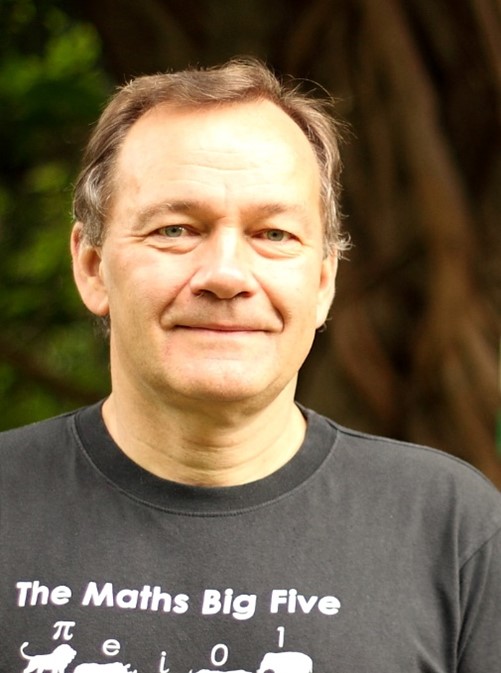
Professor Jacek Banasiak currently holds the DSI/NRF Chair in Mathematical Models and Methods in Biosciences and Bioengineering at the University of Pretoria. He obtained his MSc from the Technical University of Łódź in 1981, his PhD from Strathclyde University in Glasgow in 1989 and his Habilitation (DSc) from the University of Warsaw in 1999. He was awarded the State title of Professor conferred by the President of the Republic of Poland in 2007. He held various positions at the Technical University of Łódź (since 1981), University of KwaZulu-Natal (1992-2015) and the University of Pretoria (since 2016) and was a Visiting Professor at the University of Franche-Comte, France, and at the University of Strathclyde, UK. His research interests are in nonlocal, integro-differential models in kinetic theory, mathematical biology and fragmentation-coagulation theory, asymptotic analysis of multiple scale problems and epidemiological modelling. Prof Banasiak authored or co-authored 5 research monographs and over 145 refereed research papers. He completed supervision/co-supervision of 12 PhD students and over 20 MSc students. In 2012 Prof Banasiak received the South African Mathematical Society Award for Research Distinction, in 2013 he received Cross of Merit (Silver) of the Republic of Poland, in 2022 he received the Minister of Science and Education of the Republic of Poland Award for Scientific Achievements. He was Vice-President of the South African Mathematical Society (2001-2005), Chairman of the South African Committee for the International Mathematical Union (2005-2008), Co-Head of the International Research Laboratory for Applied Research in Semigroups, South Ural State University, Russia (2019-2021) and is a fellow of the African Academy of Sciences (since 2017), member of the Academy of Science of South Africa (since 2006), fellow of the University of KwaZulu-Natal (since 2013), a Research Associate of the National Institute of Theoretical Physics and an Associate Faculty of the African Institute of Mathematical Sciences. With respect to editorial work, he is Editor-in-Chief of Afrika Matematika (Springer), an Advisory Editor of Mathematical Methods for the Applied Sciences (Wiley), Associate Editor of Quaestiones Matematicae, member of Editorial Board of Evolution Equations and Control Theory, Differential Equations and Dynamical Systems (Springer), Issues of Analysis, and of the AIMS Library Series of the Cambridge University Press.
Prof Michael Chapwanya
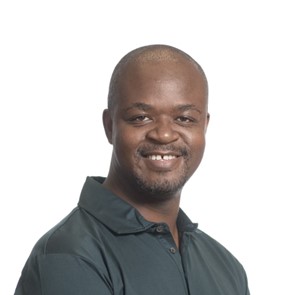
My research focus is in mathematical modelling, numerical analysis and scientific computation. The problems are drawn from a wide range of sources with biological, medical, engineering, industrial and environmental context. Part of the modelling exercise involves the description of the problem using partial differential equations, reduction of the governing equations using dimensional analysis, perturbation methods, similarity or travelling wave analysis and developing efficient, convergent and reliable numerical schemes using either standard or non-standard finite difference schemes.
Prof Sophie Dabo-Niang
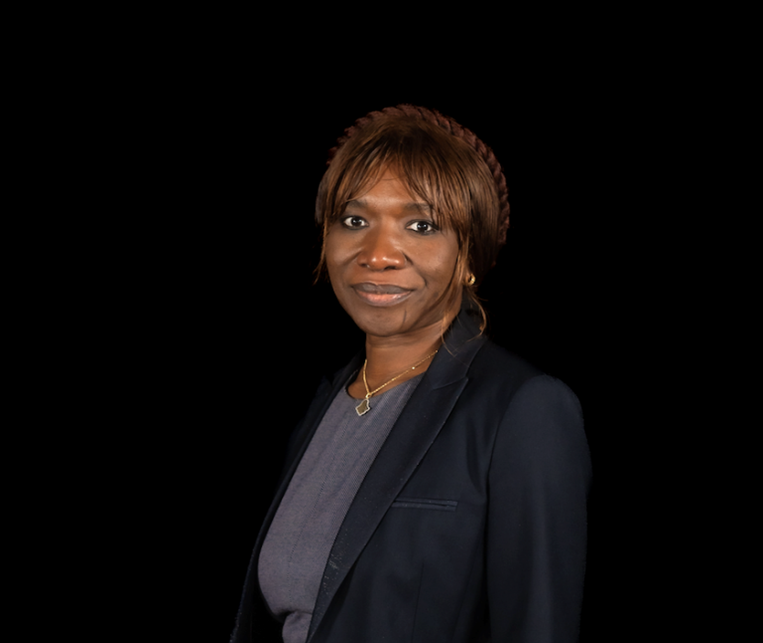
Prof Sophie Dabo-Niang is professor at university of Lille (France) and researcher at the French National Centre for Scientific Research (CNRS) and INRIA (National Research Institute of Numerical Sciences and Technologies). She is Scientific Officer of CIMPA (International Centre of Pure and Applied Mathematics), member of the committee of diversity of IMU (International Mathematical Union). She has served as co-chair (2018-2019) and chair of the European Mathematical Society Committee of Developing Countries (EMS-CDC) (2019-2022).
She is Senegalese and French. She completed a 3-year PhD in Statistics from the Sorbonne University (Paris, Pierre and Marie Curie) in 2002. After a first teacher and researcher position at University Paris 2 from 2002 to 2004, she obtained an Associate Professor position in the Department of Mathematics, Computer sciences, Economy and Management of University Lille 3 (Charles De Gaulle) in 2004. She headed the MeQAME axis of laboratory LEM CNRS 9221 of University Lille 3, from 2015 to 2019. She led the laboratory EQUIPPE of University of Lille 3, from 2010-2015. She is currently Vice-Dean of the Faculty of Science of the University of Lille. Her research focuses on the representation of time and space in random environments through the use of stochastic space and time changes driven by real problems in various areas (i.e economics, epidemiology, physics, environmental and hydrological studies, natural resource management, renewable energy, agriculture). She published about 70 scientific articles and edited 2 books. She supervised many M.Sc and 14 PhD theses and is deeply involved and committed to promoting Mathematics and women in Mathematics in Africa, Europe and in the developing world.
Prof Winston Garira
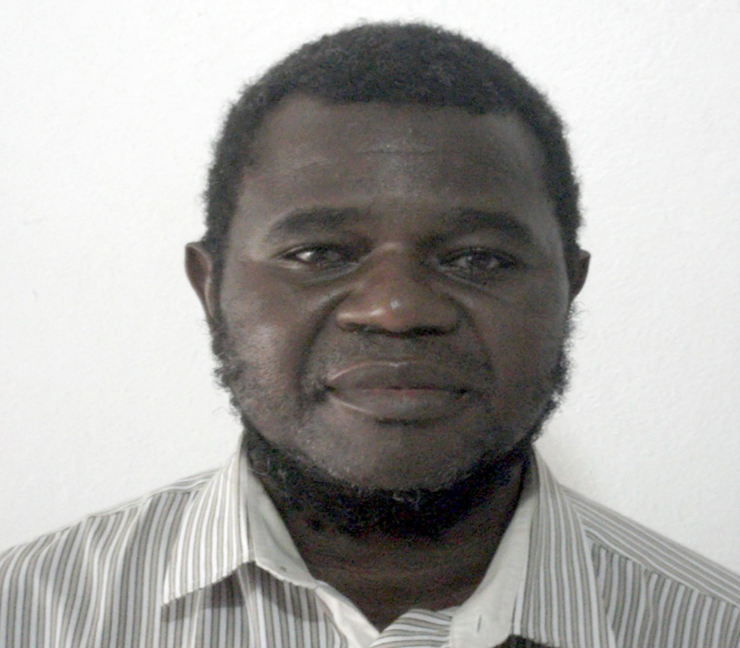
Winston Garira is a Full Professor of Applied Mathematics at the University of Venda and works on multiscale modelling of biological systems focusing on multiscale modelling infectious disease dynamics. A search on google using the search term “multiscale models of infectious disease dynamics” will confirm that indeed most publications in this sub-disclipline of mathematical biology have been authored by him and his research Group – The Modelling Health and Environmental Linkages Research Group (MHELRG). His current research interests are in multiscale modelling of complex systems. The science of complex systems requires a general way to represent and understand complex systems such as social systems, physical systems and biological systems. Winston Garira uses a mathematical formalism that uses multiscale modelling to make precise the intuition that complex systems such as disease systems and financial systems are multilevel and multiscale systems. Further growth in the study of complex systems is currently significantly limited by the absence of a general theory to characterize complex systems. Currently Winston Garira is working to develop a universal theory of complex systems which would be applicable to all complex systems be they physical systems, biological systems, or social systems.
Prof Michael Li
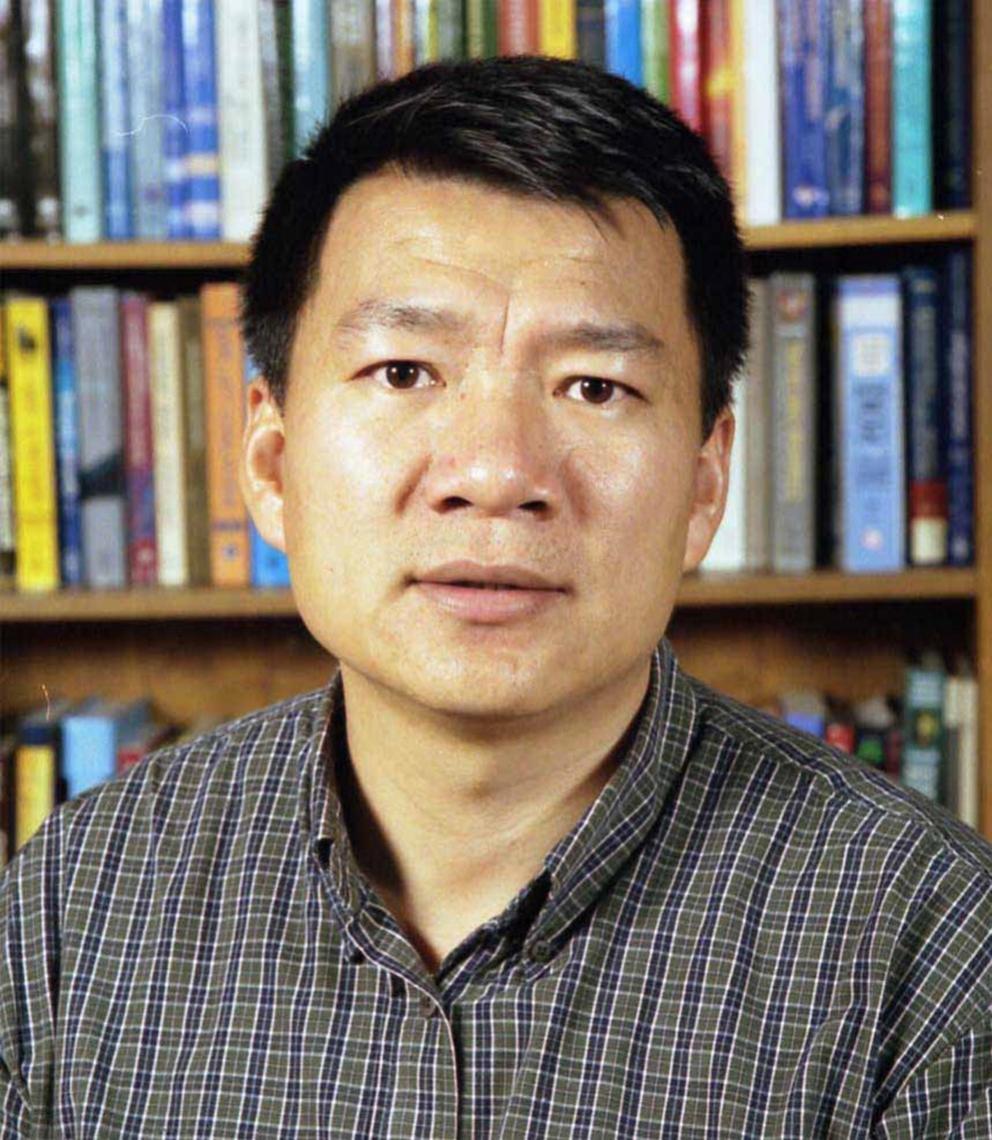
Dr. Michael Li is a Professor of Mathematics at the University of Alberta, the Director of Information Research Lab, and the Director of Master’s Program on Modeling, Data and Predictions. His research interests and expertise are in the investigation of the global dynamics of large-scale systems of nonlinear differential equations with applications in mathematical modeling of complex transmission dynamics of infectious diseases.
Dr. Li’s significant contributions to nonlinear dynamics include the development of effective mathematical tools for proving global convergence, which is known as the Li and Muldowney geometric method, and the development of a graph-theoretic method for constructing Lyapunov functions for large-scale dynamical systems, with applications in many areas of Science and Engineering. His more recent work has been in the development of reliable long-term projections of epidemics (Influenza and COPVID-19) using mathematical models.
Prof Sibusiso Moyo
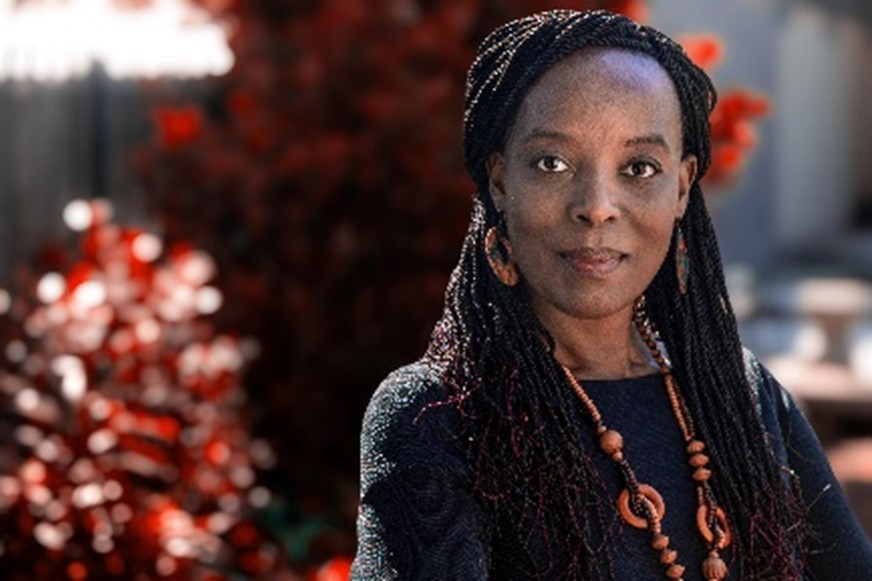
Prof Sibusiso Moyo is the DVC Research, Innovation and Postgraduate Studies at Stellenbosch University from 1st September 2022. She has published widely on differential equations and their applications. She holds a PhD in Mathematics from the University of Natal (now UKZN) and a masters degree in Tertiary Education Management (with distinction) from the University of Melbourne, Australia. Her previous positions at DUT include DVC Research, Innovation and Engagement, Head of the Department of Mathematics, Statistics and Physics. She was a thought leader on a number of innovative projects and initiatives including supporting undergraduate research excellence. She has been guest editor of a number of mathematical sciences journals published by Springer-Verlag, John Wiley & Sons and the American Institute of Physics and has been invited as keynote speaker on a number of occasions dealing with Mathematics, promoting Science, Technology and Innovation and topical issues in Higher Education. Currently, she serves on the editorial board for the Taylor & Francis Journals of Higher Education Policy and Management and Agenda (a journal that critiques the understandings of gender and feminism in its broad and complex sense). She is also a two-time recipient of the Department of Higher Education and Training (DHET) Entrepreneurial Development in Higher Education leadership award (2019 and 2021) and was instrumental in the establishment of DUT’s Centre for Entrepreneurship and Innovation. She was also appointed as Honorary Dean of the School of Innovation and Entrepreneurship, Tianjin Vocational Institute, Tianjin, China from 2021 to 2023.
Prof Rachid Ouifki
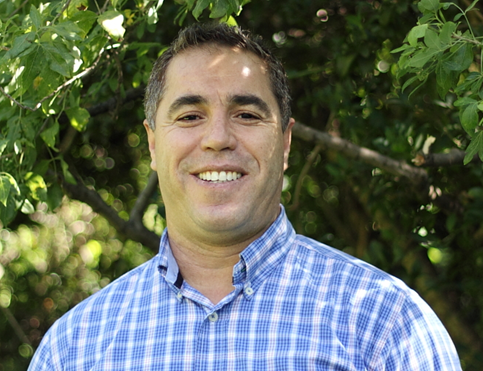
I am a mathematician by training; my expertise area lies in the area of stability and bifurcation theory of delayed (and ordinary) differential equations as well as difference equations and discrete systems. My research interests extend to optimal control, asymptotic behaviour and perturbation theory. My current research interests primarily focus on the application of these equations in the mathematical modelling and analysis of the transmission dynamics of communicable diseases, such as HIV, tuberculosis, malaria and trypanosomiasis, and non-communicable diseases such as cancer.
The mathematical models used in my research tie to experiments in some way involving cross-disciplines collaborations, which are essential for continued and improved research in this field. By their nature, such models are dynamic and highly nonlinear, their inherent complexity require a wide variety of approaches ranging from strong mathematical techniques to sound numerical and sensitivity analyses. To understand their behaviour, I draw on several areas of mathematics, from stability and bifurcation theory to asymptotic behaviour and perturbation theory as well as optimal control theory. For model validation and projection, I rely mostly on parameter optimisation techniques and (local and global) sensitivity analysis.
Prof Kailash Patidar

Professor Patidar received his PhD (Mathematics) in 2002 from the Indian Institute of Technology (IIT) Kanpur -- a premier higher educational institute in India. He visited the universities of Tübingen (Germany) and Pretoria (South Africa) for his post-doctoral studies. Subsequently, he joined the University of the Western Cape (South Africa) in 2006 as a senior lecturer and currently holds the position of Senior Professor of Mathematics. He received a C1 rating from the South African National Research Foundation (NRF) for the period 2022-2027. Prior to this, he held a C2 rating for the periods 2010-2015 and 2016-2021. Professor Patidar’s research involves mathematical methods and scientific computing for application problems that arise from the interactions between natural and life sciences as well as those from the engineering domain. His research involves analytical investigations and numerical experiments using finite difference, finite element, spline approximation and spectral methods for parameter sensitive differential models. He published more than 100 research articles (in journals of international standing), 6 invited book chapters, 12 papers in the proceedings of international conferences and 5 extended abstracts. He graduated 18 PhD and 18 MSc students under his supervision and currently supervising several students.
Prof Stephanie Portet
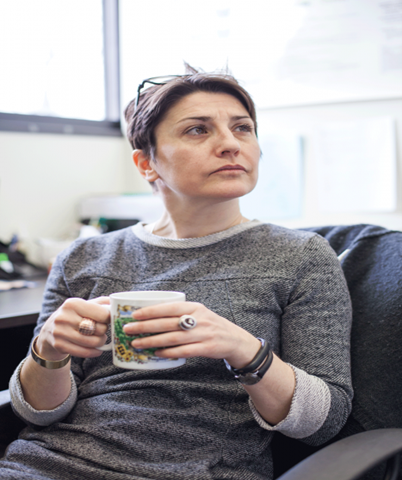
Stephanie Portet is a biomathematician in the Department of Mathematics of the University of Manitoba since 2005. SP was promoted to Full Professor in 2019. Since early in her career, SP has worked on cellular processes and the cytoskeleton, and has specialized on the study of intermediate filaments (IF). After defending her PhD in Mathematical Biology in 2001 (Paris VII), SP had a postdoctoral fellowship in the Department of Physics at the University of Alberta (Edmonton, Canada), where she broadened her background in Biophysics. From 2003 to 2005, SP had a second 2-year postdoctoral fellowship with the Samuel Lunenfeld Institute at the Mount Sinai Hospital in Toronto (Canada), where she gained expertise in Bioinformatics.
The long-term goal of SP’s research is to characterize the regulation of spatio-temporal dynamics of IF in cells, using mathematical and computational frameworks in collaboration with experimentalists, to provide explanatory and predictive models of these complex processes. Defects in IF proteins organization in cells are linked to cytopathological signatures of diseases such as skin fragility and neurodegenerative diseases. An analytical (computational and mathematical) framework is necessary to analyze and characterize the interplay of complex processes of filament assembly, network organization and transport; such a framework allows to test and compare a variety of hypotheses about the mechanisms considered.
Prof. Jomar F. Rabajante

Professor Jomar Fajardo Rabajante is the Dean of the Graduate School, University of the Philippines Los Baños (UPLB). He is a Professor and UP Scientist at the Institute of Mathematical Sciences and Physics, UPLB. He was awarded as one of the 2021 Outstanding Young Scientists by the National Academy of Science and Technology of the Philippines. He holds an appointment as Junior Associate at the Quantitative Life Sciences Group of the Abdus Salam International Centre for Theoretical Physics in Trieste Italy. Dr. Rabajante obtained in year 2016 his Doctor of Science degree in Mathematical and Systems Engineering (major in Environment and Energy Systems) from Shizuoka University Japan; M.Sc. in Applied Mathematics (major in Mathematics in Life and Physical Sciences) from the University of the Philippines Diliman; Global Master Certificate in Business Analytics from Michigan State University; and B.Sc. in Applied Mathematics (major in Operations Research) from UPLB. His research interest is mathematical modeling, quantitative risk assessment, and data analytics of complex biological and social systems, including dynamics of infectious diseases.
Prof James Watmough
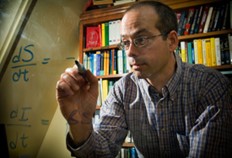
James Watmough received his PhD in 1997 from the University of British Columbia's Department of Mathematics and Institute of Applied Mathematics under the supervision of Professor Leah Edelstein-Keshet. He then studied under Professor John Tyson at Virginia Tech and Professor Pauline van den Driessche at the University of Victoria. He is currently a Professor at the University of New Brunswick and director of the Atlantic node of the Centre for Disease-Modelling. His research interests centre on mathematical and theoretical aspects of the response of ecological systems to disturbances.


